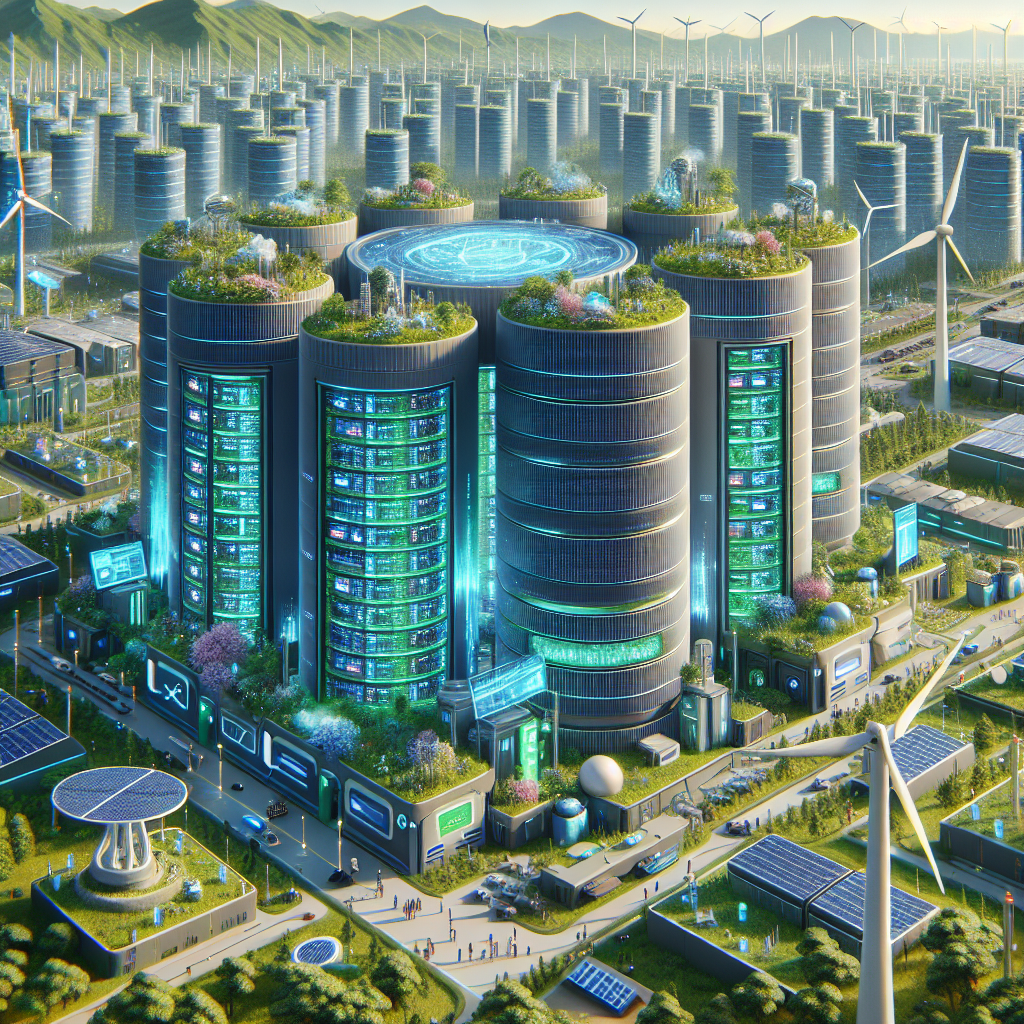China’s Investigation into Agriculture Minister Tang Renjian
China Investigates Agriculture Minister Tang Renjian
In a surprising turn of events, China has launched an investigation into its Agriculture Minister, Tang Renjian. This move has sent shockwaves through the political landscape, as Tang Renjian was considered a rising star within the Communist Party. The investigation comes amidst growing concerns over corruption and mismanagement within the agricultural sector, which plays a crucial role in China’s economy.
The decision to investigate Tang Renjian reflects President Xi Jinping’s commitment to cracking down on corruption at all levels of government. Since coming to power, President Xi has made it clear that no one is above the law, regardless of their position or influence. This investigation serves as a reminder that even high-ranking officials are not immune to scrutiny.
The agriculture sector is of utmost importance to China, as it not only feeds its massive population but also contributes significantly to its GDP. However, in recent years, there have been reports of widespread corruption and inefficiency within the sector. This has led to concerns about food safety, environmental degradation, and the overall sustainability of China’s agricultural practices.
Tang Renjian’s tenure as Agriculture Minister has been marked by controversy. While he has been praised for his efforts to modernize the sector and increase agricultural productivity, there have been allegations of corruption and favoritism. These allegations have raised questions about the integrity of China’s agricultural policies and the fairness of its distribution systems.
The investigation into Tang Renjian is expected to shed light on these allegations and determine whether there is any truth to them. It will also serve as a test for President Xi’s anti-corruption campaign, as it will demonstrate whether the Communist Party is willing to hold its own members accountable for their actions.
The timing of the investigation is significant, as China is currently facing numerous challenges in the agricultural sector. The country is grappling with issues such as declining arable land, water scarcity, and the need to adopt sustainable farming practices. These challenges require strong leadership and effective policies to ensure the long-term viability of China’s agricultural sector.
The outcome of the investigation will have far-reaching implications for China’s agricultural policies and its political landscape. If Tang Renjian is found guilty of corruption, it will serve as a warning to other officials that they are not above the law. It will also send a message to the Chinese people that the government is serious about addressing corruption and improving governance.
On the other hand, if Tang Renjian is cleared of any wrongdoing, it will raise questions about the credibility of the allegations and the motives behind the investigation. It may also lead to a backlash against President Xi’s anti-corruption campaign, as critics may argue that it is being used as a tool to eliminate political rivals.
Regardless of the outcome, the investigation into Tang Renjian highlights the need for greater transparency and accountability within China’s agricultural sector. It serves as a wake-up call for the government to address the systemic issues that have allowed corruption to flourish. Only by doing so can China ensure the long-term sustainability and success of its agricultural sector.
In conclusion, China’s investigation into Agriculture Minister Tang Renjian is a significant development that underscores President Xi Jinping’s commitment to cracking down on corruption. The outcome of the investigation will have far-reaching implications for China’s agricultural policies and its political landscape. It is a test for the Communist Party’s willingness to hold its own members accountable and a reminder that no one is above the law. Ultimately, this investigation serves as a wake-up call for China to address the systemic issues that have plagued its agricultural sector and ensure its long-term sustainability.


